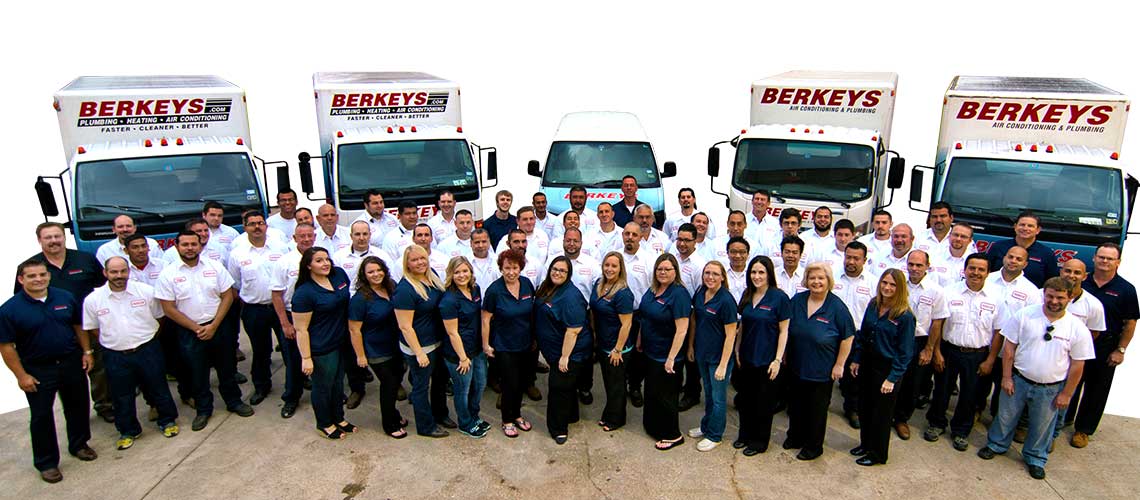When you live in Texas, you know the summers are hot. Especially, in the concrete jungle of downtown and the black asphalt parking lots. The concrete absorbs the sun’s heat all day long and radiates it back into the air all night long. AZCentral, in Arizona, posted an interesting article about Dallas and how trees can help relieve the heat in summer.
In Dallas as in Phoenix, people look to trees for relief from urban heat islands
DALLAS — Few neighborhoods in America need trees more than South Oak Cliff, a sun-blasted shade desert in this rapidly warming Texas city.
Like much of Phoenix, the south-side Dallas district lacks sufficient shade for comfort during summer and safety during heat waves, when temperatures can climb as much as 11 degrees higher than parts of the city where the shade cover is greater.
Despite South Oak Cliff’s leafy name, big shade trees are relatively scarce along its streets. In this part of Dallas, the canopy, a measure of areas covered by trees, is one-third as dense as it is in the city overall, and neighbors say the trees that do exist are aging and falling over in storms.
Dallas ranks just behind Phoenix on the list of fastest-warming urban heat islands, metropolitan areas where heat-absorbing concrete and asphalt push temperatures higher during the hottest months.
These islands of urban development contribute to a steady rise in temperatures and can intensify heat’s deadly effects, focusing the worst of it on inner cities and neighborhoods where residents can least afford to seek relief.
Although it sounds simplistic, the common prescription for such overheated areas is more trees, which create shade to block the heat that city streets and buildings gather and hold well into night.
So when volunteers peeled off their sweatshirts to plant curbside trees a block east of a freeway here on an unseasonably warm 75-degree day in December, Josephine McGee had to know if there were more trees where those came from.
She pulled over on her drive home and asked the crew from the Texas Trees Foundation how she could get a tree in the corner of her yard down the street. They gave her a paper to sign and said they would be back in the spring with a tree for her.
“It’s a filter for good air, and I like the shade,” she said. “If I’ve got good shade, it keeps me from burning up so much energy on the inside.
These islands of urban development contribute to a steady rise in temperatures and can intensify heat’s deadly effects, focusing the worst of it on inner cities and neighborhoods where residents can least afford to seek relief.
Although it sounds simplistic, the common prescription for such overheated areas is more trees, which create shade to block the heat that city streets and buildings gather and hold well into night.
So when volunteers peeled off their sweatshirts to plant curbside trees a block east of a freeway here on an unseasonably warm 75-degree day in December, Josephine McGee had to know if there were more trees where those came from.
She pulled over on her drive home and asked the crew from the Texas Trees Foundation how she could get a tree in the corner of her yard down the street. They gave her a paper to sign and said they would be back in the spring with a tree for her.
“It’s a filter for good air, and I like the shade,” she said. “If I’ve got good shade, it keeps me from burning up so much energy on the inside.
Now is also the time to have your air conditioning inspected and tuned-up. Having an efficient HVAC system is essential for a Texas summer.
When you need a dependable, knowledgeable plumber, electrician or HVAC technician in the Dallas/Ft. Worth area, call a name you trust. Berkeys Air Conditioning, Plumbing & Electrical 24/7, Call us 972-439-1581 or visit berkeys.com for questions and scheduling information or on Facebook at Facebook.com/Berkeys.
Click here for more of our Blog Posts.
